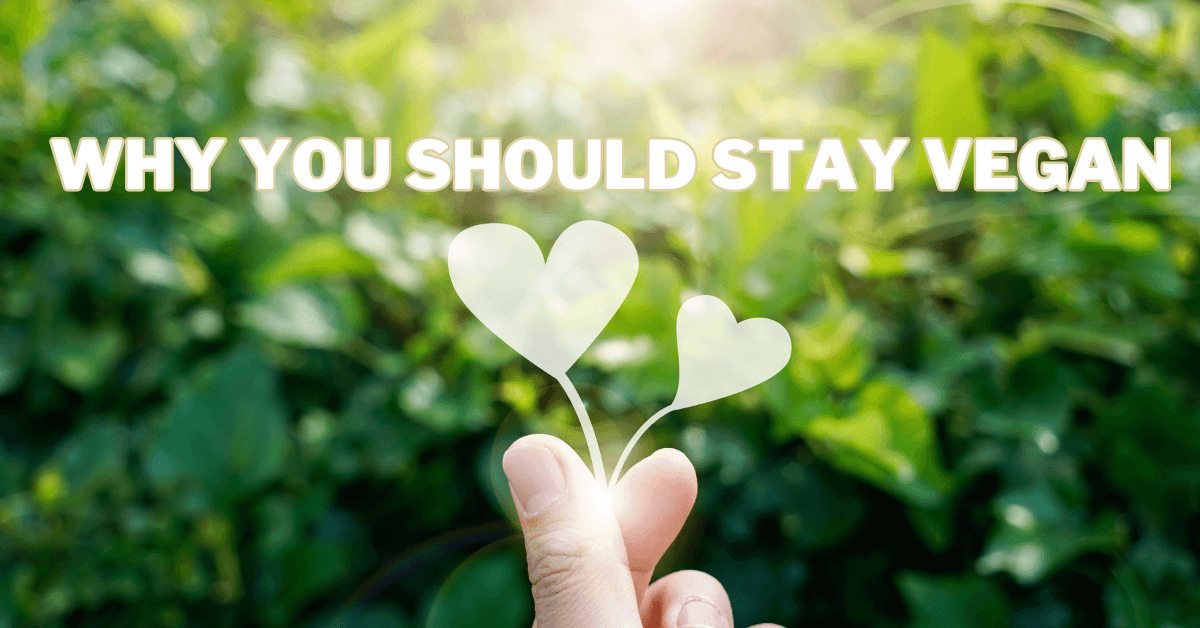Best Reasons Why You Should Stay Vegan
Best Reasons Why You Should Stay Vegan
In a world where dietary decisions greatly impact environmental sustainability, ethical issues, and individual health, choosing to remain vegan becomes a strong and deliberate commitment.
Veganism, a lifestyle characterized by abstaining from animal products, has transcended its initial perception as a mere dietary trend to become a profound philosophy that resonates with a growing community of individuals worldwide.
Delving into the intricate tapestry of compassion, sustainability, and personal well-being, this article underscores why you should stay vegan, emphasizing the profound impact of plant-based living on the environment, the ethical dimensions surrounding animal agriculture, and the potential health advantages of a balanced vegan diet.
This article will delve into the multifaceted reasons individuals choose to maintain their vegan lifestyle, exploring the environmental impact of plant-based living, the ethical considerations surrounding animal agriculture, and the potential health benefits of a well-balanced vegan diet.
As we navigate these compelling reasons, it becomes evident that staying vegan is not just a dietary choice but a profound and impactful way to contribute to a healthier, more compassionate, and sustainable future for individuals and the planet.
Health Benefits Of Staying Vegan
Adopting a vegan lifestyle, which involves abstaining from animal products and by-products, can have various health benefits.
It's important to note that individual experiences may vary, and a well-balanced vegan diet is essential to ensure proper nutrition.
Here are some potential health benefits associated with staying vegan:
1. Heart Health
Low cholesterol levels and saturated fats, which can cause plaque in arteries, are typically found in vegan diets. By eliminating animal products, individuals may reduce their risk of cardiovascular diseases.
2. Weight Management
Plant-based diets are often naturally lower in calorie density and saturated fats. Additionally, the emphasis on whole, nutrient-dense foods can lead to weight loss, making veganism a potential choice for those aiming to manage their weight.
3. Blood Pressure
The plant-based diet's high potassium content and lower sodium intake can positively impact blood pressure levels. By neutralizing the effects of sodium, potassium helps maintain a healthier cardiovascular system.
4. Blood Sugar Control
Blood sugar levels can be regulated by following a vegan diet high in fiber from fruits, vegetables, and whole grains.
This may be especially beneficial for those who have diabetes already or are at risk of developing type 2 diabetes.
5. Cancer Risk Reduction
Antioxidants and phytochemicals found in fruits and vegetables may contribute to a lower risk of certain cancers.
Additionally, the avoidance of processed and red meats may play a role in reducing cancer risk.
6. Digestive Health
Plant-based foods have a high fiber content, which helps to maintain a diverse and healthy gut microbiome and prevent constipation. Thus, overall digestive health may benefit from this as well.
7. Anti-Inflammatory Benefits
Plant-based diets are rich in anti-inflammatory compounds such as phytochemicals and antioxidants.
Numerous diseases are associated with chronic inflammation; a vegan diet may help reduce this risk.
8. Improved Kidney Function
Some studies suggest that a diet low in animal proteins and higher in plant-based alternatives may protect against kidney disease by reducing kidney strain.
9. Joint Health
Individuals with arthritis report improvements when following a vegan diet, potentially due to reduced inflammation. This may result in decreased joint pain and improved overall joint health.
10. Longevity
Some studies propose that the health benefits of a vegan diet, including reduced risks of chronic diseases, may contribute to increased life expectancy and a lower likelihood of premature death.
When following a vegan diet, people must be mindful of their nutrients, ensuring they get enough iron, calcium, vitamin B12, omega-3 fatty acids, protein, and other important nutrients.
A balanced vegan diet that satisfies dietary requirements can be planned with the assistance of a registered dietitian or healthcare professional.
Reasons Why You Should Stay Vegan
A vegan lifestyle necessitates dedication to principles beyond personal health; it's about more than just dietary decisions.
Remaining vegan frequently results from a complex decision considering social justice, environmental awareness, and ethical sentiments.
We’ll go into details about why you should stay vegan, So be prepared:

1. Ethical Considerations
Choosing to stay vegan is grounded in a profound commitment to animal welfare, emphasizing the ethical treatment of sentient beings.
The decision stems from a conscientious rejection of using animals for food, clothing, or other purposes.
Veganism is a tangible expression of the belief in minimizing harm and fostering compassion towards the creatures we share the planet with.
Numerous plant-based products that closely resemble the flavour and texture of conventional foods derived from animals have emerged due to the creative solutions sparked by the growing popularity of veganism.
The ethical choice to stay vegan extends beyond personal lifestyle to advocate for a world where animals are not exploited for human gain.
It represents a commitment to challenging societal norms and promoting a compassionate coexistence with the diverse species inhabiting our planet.
Ultimately, staying vegan is a continuous affirmation of one's dedication to a more humane and ethically conscious way of living.
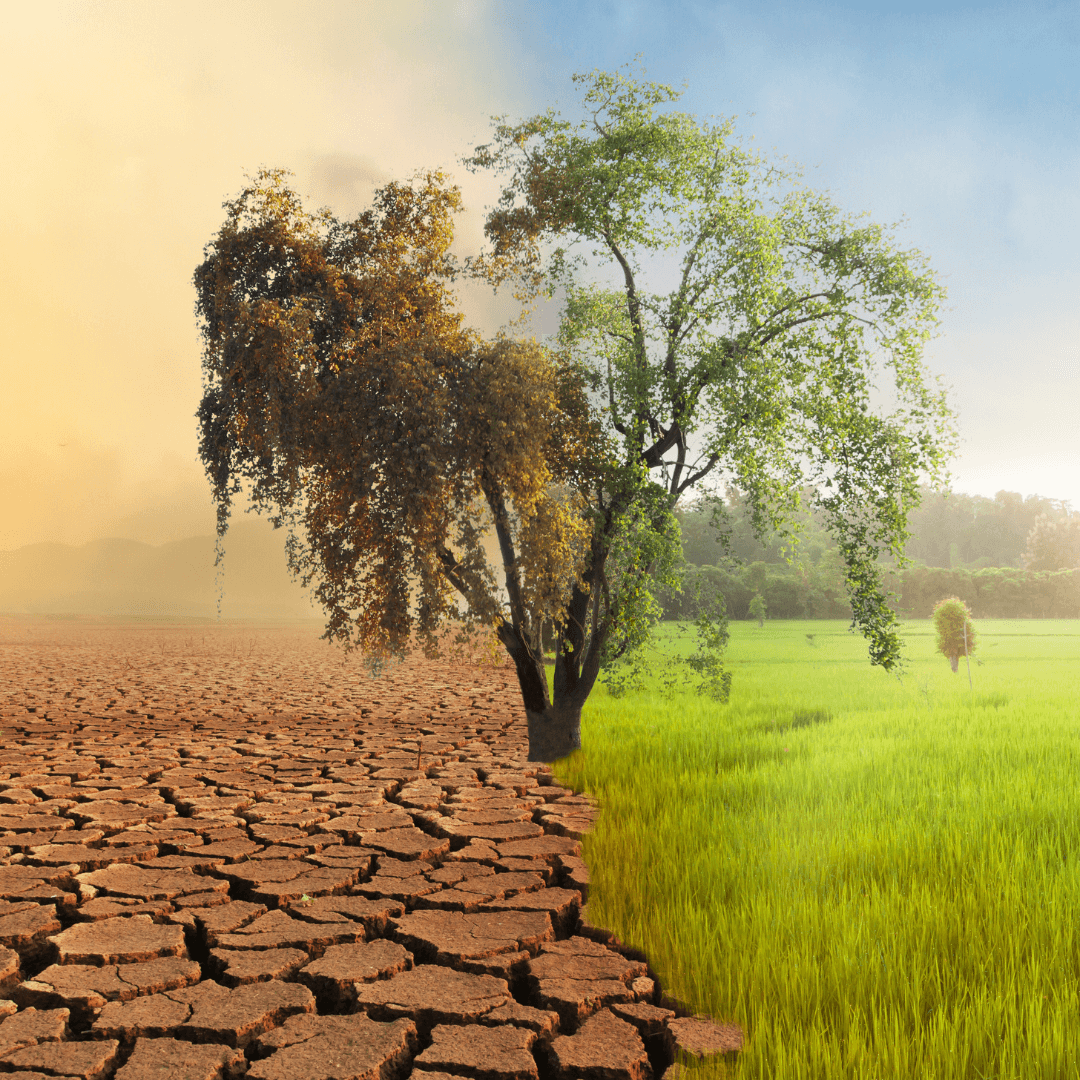
2. Environmental Impact
Remaining vegan is a powerful way to contribute to reducing our ecological footprint. One significant aspect is the minimized carbon footprint associated with a plant-based diet.
Deforestation, land degradation, and greenhouse gas emissions are all significantly impacted by animal agriculture.
Individuals actively mitigate climate change and promote environmental sustainability by adhering to a vegan lifestyle.
The efficiency of resource utilization in plant-based agriculture stands out. Plant foods generally demand less land, water, and resources than animal agriculture's extensive requirements.
This shift in dietary choices helps conserve biodiversity, reducing the need for large-scale deforestation and land conversion.
Additionally, choosing plant-based options supports water conservation, addressing a critical aspect of global environmental concerns.
Staying vegan is, therefore, a proactive stance toward building a more sustainable and eco-friendly future.
It aligns personal choices with a broader commitment to environmental stewardship, recognizing the interconnectedness of dietary habits and the health of our planet.
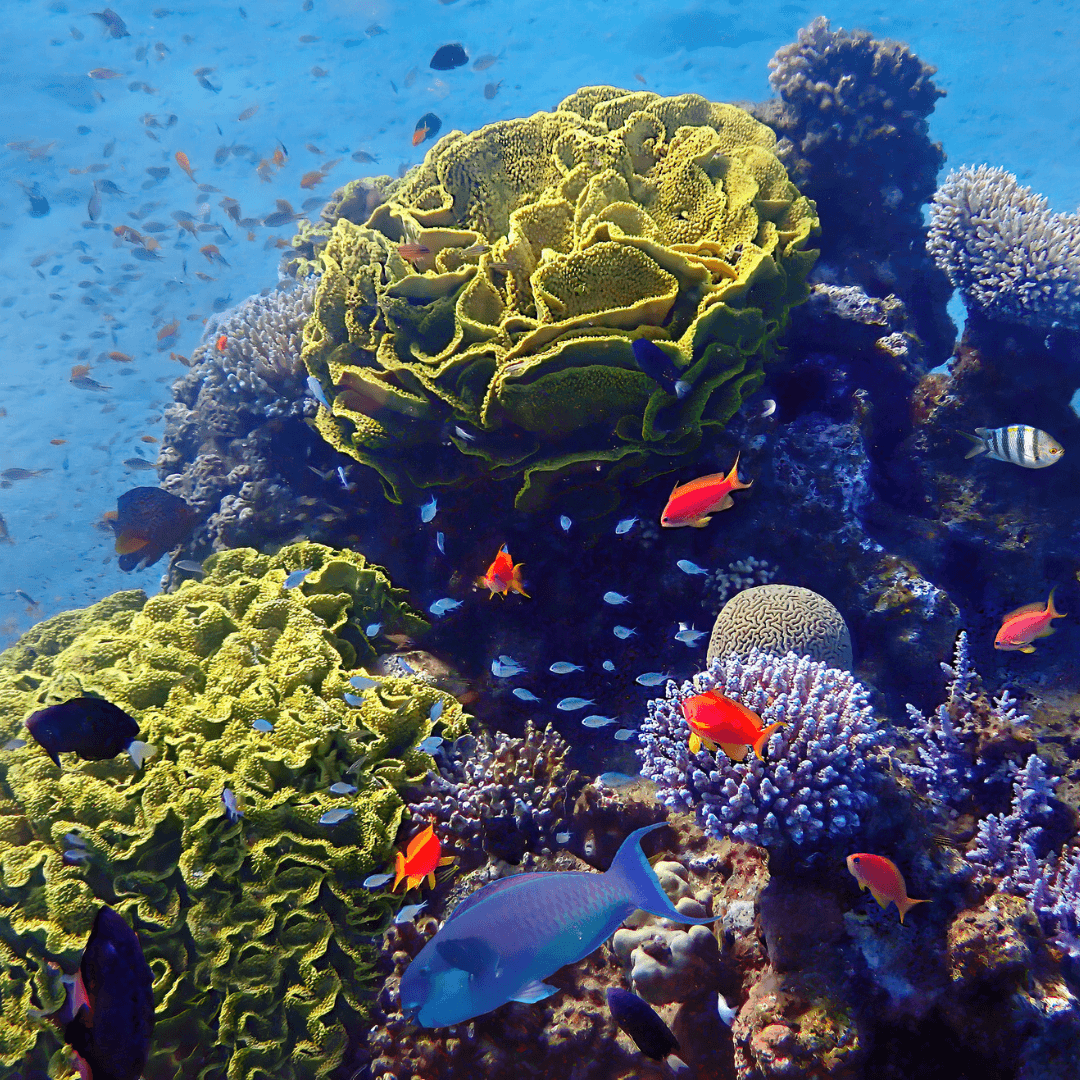
3. Biodiversity Conservation
Staying vegan emerges as a conscientious choice in favour of biodiversity conservation and the preservation of ecosystems.
Choosing plant-based options directly reduces the demand for land and resources allocated to animal agriculture, a practice often associated with deforestation and habitat destruction.
By prioritizing biodiversity conservation and habitat preservation, staying vegan becomes a pivotal and impactful choice, underscoring why you should stay vegan to directly reduce the environmental impact linked to animal agriculture and foster a healthier balance within ecosystems.
The interconnectedness of ecosystems relies on the delicate balance of flora and fauna. Animal agriculture, with its expansive land requirements, not only diminishes biodiversity but also threatens endangered species by encroaching on their habitats.
In contrast, choosing plant-based foods fosters a more sustainable use of land and resources, promoting the coexistence of various species.
Therefore, staying vegan becomes a tangible action supporting global biodiversity. It signifies a commitment to environmental harmony, recognizing the intrinsic value of preserving ecosystems for the well-being of the planet and all its inhabitants.

4. Social Justice
Living a vegan lifestyle involves more than just making personal decisions. It also involves social justice, especially regarding fair resource distribution.
The concentration of resources, including land and agricultural inputs, is frequently linked to large-scale animal husbandry, exacerbating social and economic inequality by creating gaps in food access.
Individuals actively support a more equitable allocation of resources by choosing a vegan lifestyle.
Plant-based diets generally require less land and water than animal agriculture's resource-intensive practice.
This shift away from large-scale animal farming promotes a more efficient use of resources, contributing to a vision of food production that is more accessible and sustainable on a global scale.
Staying vegan, therefore, aligns with a commitment to social justice by advocating for fairer resource distribution and addressing systemic issues that contribute to global food inequality.
It becomes a means of fostering a more just and inclusive food system that benefits communities worldwide.

5. Innovative Food Solutions
Staying vegan catalyzes the ongoing transformation of the food industry, fostering a culture of innovation and sustainability.
Choosing a plant-based lifestyle actively supports developing and adopting cutting-edge plant-based food technologies.
This dynamic shift responds to the increasing demand for cruelty-free alternatives and propels the market towards more sustainable practices.
The growing popularity of veganism has spurred inventive solutions, giving rise to many plant-based products that mimic the taste and texture of traditional animal-derived foods.
The range of innovative plant-based offerings continues to expand from plant-based burgers that sizzle on the grill to dairy-free alternatives that rival their animal-based counterparts.
Investment in plant-based innovation extends beyond replicating familiar tastes, focusing on creating novel culinary experiences.
Chefs and food scientists are experimenting with various plant ingredients, exploring new textures, flavours, and preparation methods.
This not only caters to the preferences of vegans but also entices a broader audience to examine and incorporate plant-based options into their diets.
Simply put, going vegan is like taking an active part in a revolution in food that promotes sustainability, questions established culinary conventions, and pushes the limits of what can be produced in terms of tasty plant-based substitutes.
Positive changes in the food industry can be brought about by adopting a vegan lifestyle, as demonstrated by the rapidly changing landscape of plant-based innovations.
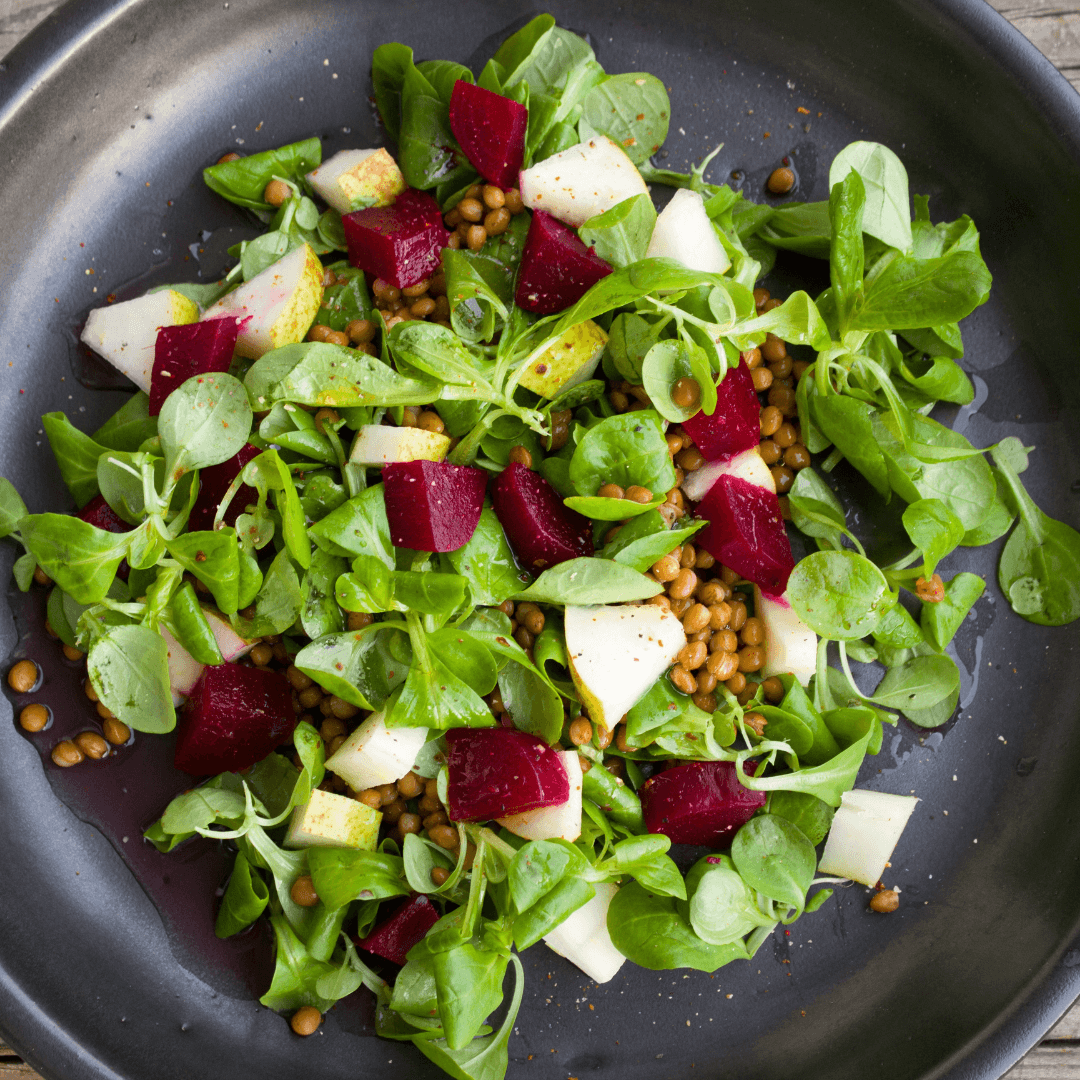
6. Cultural & Culinary Diversity
Choosing a vegan lifestyle opens the door to a vibrant and diverse world of plant-based cuisine, inviting individuals to embark on a culinary journey that transcends cultural boundaries.
Going vegan becomes a celebration of the rich tapestry of global flavours, showcasing the incredible diversity of plant-based foods from various culinary traditions.
Exploring plant-based cuisine is not just about replacing animal products; it's an opportunity to discover various fruits, vegetables, grains, legumes, herbs, and spices that form the foundation of plant-powered meals.
Traditional dishes from different cultures provide a canvas for culinary creativity, with plant-based adaptations offering new and exciting interpretations.
From India's spicy and aromatic curries to East Asia's savoury and umami-packed dishes, veganism becomes a passport to culinary adventures.
It encourages experimentation with ingredients like jackfruit, tofu, tempeh, and a myriad of plant-based substitutes that not only mirror but often enhance the flavours and textures of traditional dishes.
An enriching journey into the culinary diversity of plant-based traditions worldwide, staying vegan is not just a choice.
It's an enduring commitment, underscoring why you should stay vegan as an invitation to continually savour and celebrate the cultural richness inherent in global plant-based culinary heritage.
It fosters an appreciation for the richness of global food heritage and encourages individuals to embrace a more inclusive and varied approach to their daily meals.
Ultimately, going vegan is an invitation to savour the world's plant-based bounty, fostering cultural appreciation and culinary innovation.
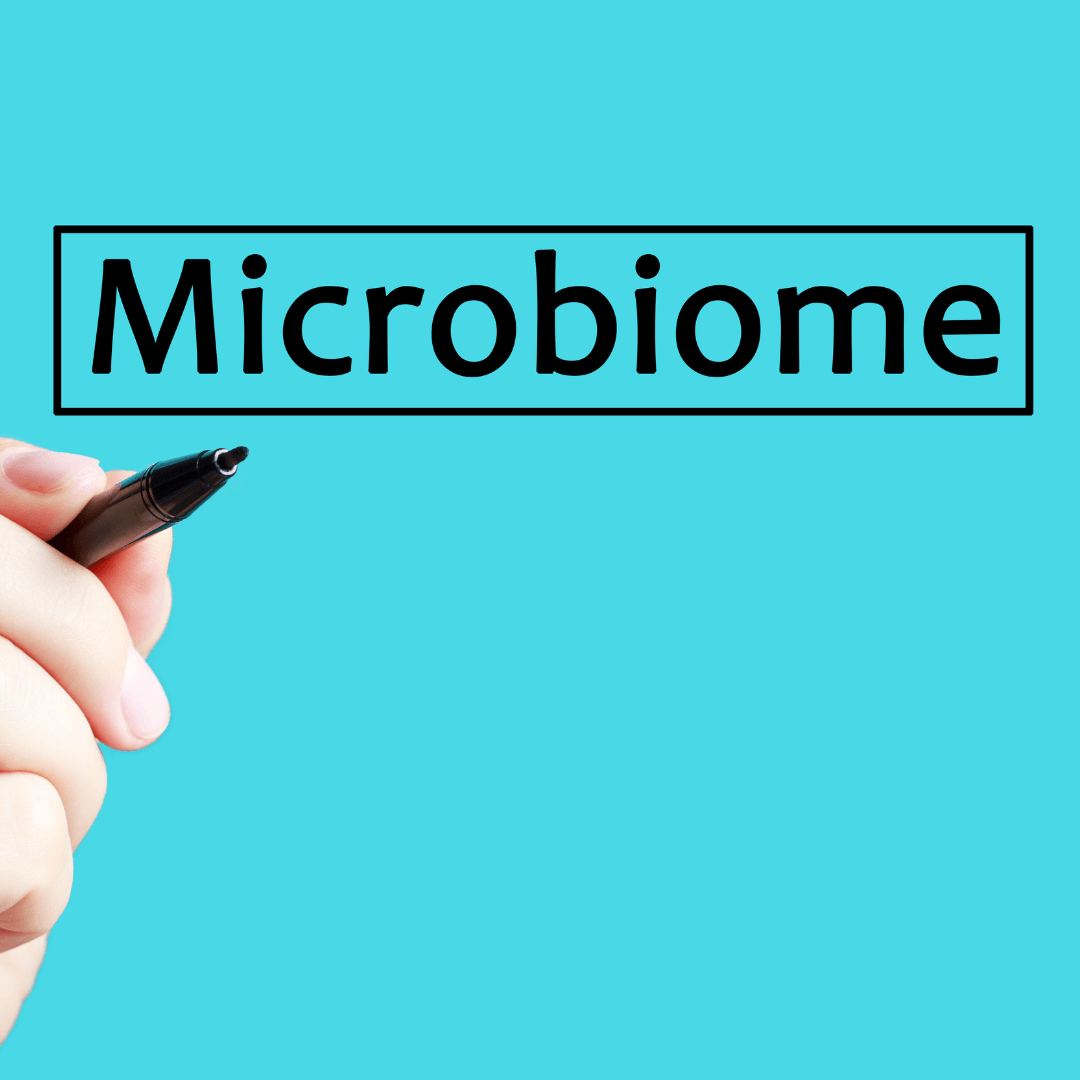
7. Microbiome Diversity
The decision to stay vegan extends beyond personal health benefits to the intricate world of the gut microbiome.
A plant-based diet, abundant in fiber from fruits, vegetables, whole grains, and legumes, fosters a flourishing and diverse gut microbiome. This microbial diversity is crucial for maintaining optimal health and well-being.
Plant-based diets are high in fiber, which acts as a prebiotic to promote good gut bacteria growth.
These microbes play a fundamental role in improving digestion by breaking down complex carbohydrates and producing short-chain fatty acids.
The resulting environment supports a balanced and thriving ecosystem within the digestive tract. Moreover, a diverse gut microbiome is intricately linked to enhanced immune function.
The good bacteria support the body's strong immune system, which aids in the body's defence against illnesses and infections.
Beyond physical health, emerging research suggests that a balanced microbiome may influence mental well-being, with potential implications for mood regulation and cognitive function.
Staying vegan, therefore, becomes a holistic approach to health, nurturing not only the individual but also the intricate microbial communities that contribute to overall well-being.
Individuals actively support the symbiotic relationship between their dietary choices and their gut's diverse, beneficial microorganisms by prioritizing a plant-based diet.
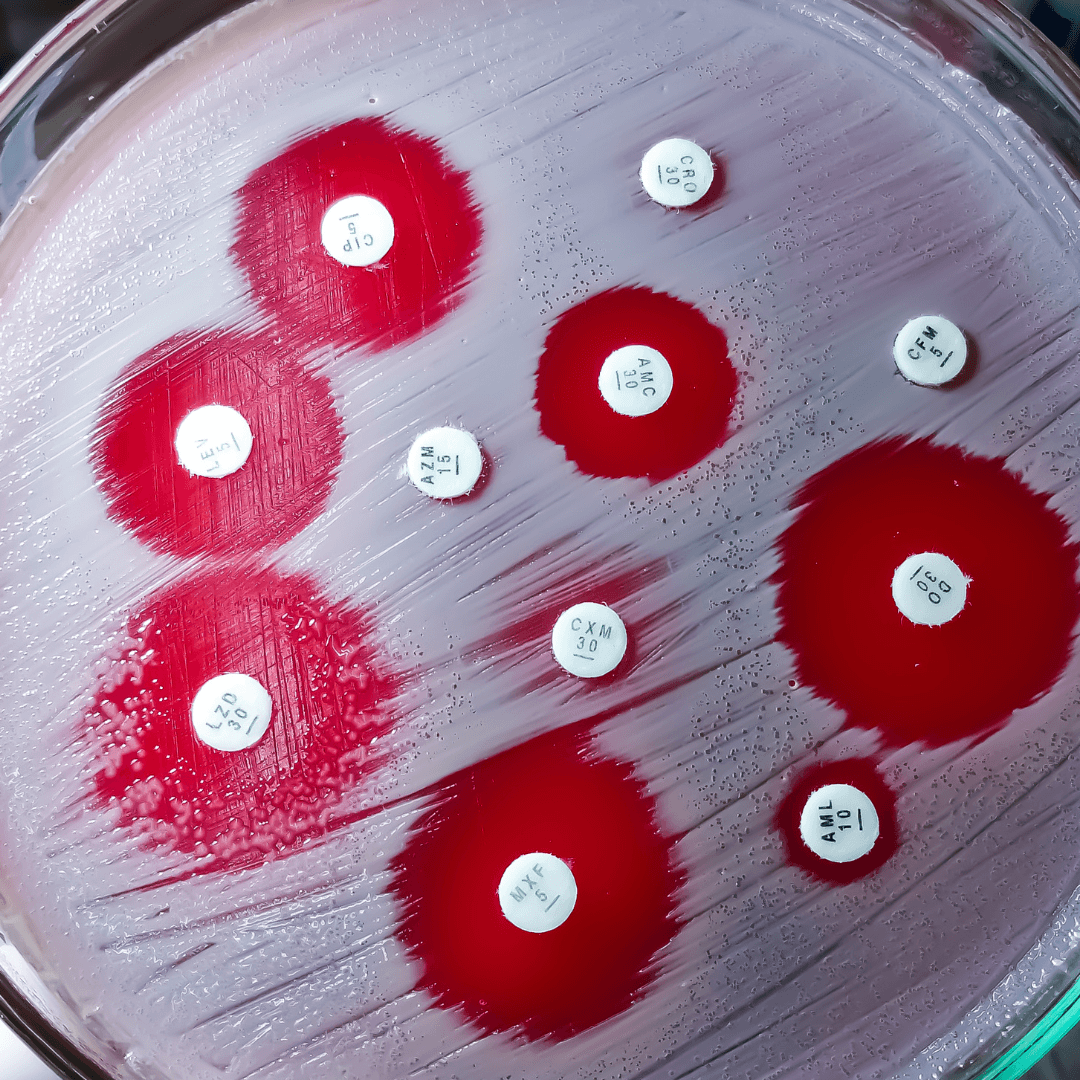
8. Reduced Antibiotic Resistance
Staying vegan aligns with a global effort to combat antibiotic resistance, a critical health concern amplified by the routine use of antibiotics in animal agriculture.
Antibiotics are frequently administered to livestock in traditional farming practices to promote growth and prevent diseases in crowded conditions.
The extensive use of antibiotics leads to the development of resistant bacteria, which is extremely dangerous for human health.
Individuals actively contribute to lowering the demand for antibiotics in food production by choosing a vegan lifestyle.
This decision stems from ethical considerations and has far-reaching implications for public health.
Reduced reliance on antibiotics in animal farming helps mitigate the development of resistant strains of bacteria, preserving the effectiveness of these crucial drugs for human medicine.
Emphasizing its pivotal role in fostering global health and sustainability, staying vegan is not just a personal choice but a strategic decision, elucidating why you should stay vegan to actively contribute to a more interconnected, responsible, and resilient food system while addressing critical issues like antibiotic resistance.
It serves as a tangible step toward a more sustainable and health-conscious food system, acknowledging the importance of responsible practices to address antibiotic resistance and safeguard the effectiveness of these vital medical interventions.

9. Cruelty-Free Fashion Choices
Committing to a vegan lifestyle transcends dietary choices to encompass ethical considerations in fashion.
Embracing cruelty-free fashion becomes an integral part of the vegan ethos, where individuals conscientiously opt for clothing and accessories that align with principles of sustainability and compassion.
In cruelty-free fashion, the emphasis is on materials derived from plant-based sources or synthetic alternatives, avoiding animal-derived materials like leather, fur, and wool.
Vegan fashionistas actively seek out innovative materials such as faux leather, recycled fabrics, and plant-based textiles, championing a style that is not only chic but also aligned with ethical values.
Choosing cruelty-free fashion extends beyond personal wardrobe preferences; it is a stance against traditional animal-based fashion's environmental and ethical implications.
It supports sustainable practices that reduce the demand for animal exploitation, contributing to a fashion industry that prioritizes style and ethical responsibility.
Staying vegan, therefore, becomes a holistic lifestyle choice that extends compassion not only to the plate but also to the wardrobe.
Individuals foster a fashion-forward movement that challenges conventional norms by making cruelty-free fashion choices, promoting a sustainable and compassionate approach to personal style.

10. Water Conservation
The choice to stay vegan emerges as a water-conscious decision with profound implications for global water conservation.
One of the most water-intensive sectors of the economy is animal agriculture, which uses enormous volumes of water for processing, feed production, and animal rearing.
By embracing a plant-based lifestyle, individuals actively contribute to reducing water usage.
Plant cultivation generally requires significantly less water compared to the extensive needs of animal farming.
Crops, fruits, and vegetables thrive on efficient irrigation practices, utilizing water resources more sustainably.
The water footprint of plant-based foods is markedly lower, making veganism a water-wise choice.
With water scarcity becoming an increasingly pressing global issue, staying vegan becomes a proactive measure to address the environmental impact of water consumption.
It aligns personal choices with a broader commitment to sustainable resource management, fostering a more water-efficient and environmentally responsible approach to nourishment.
In essence, choosing plant-based foods is not just a culinary preference but a tangible contribution to conserving this precious and vital resource.
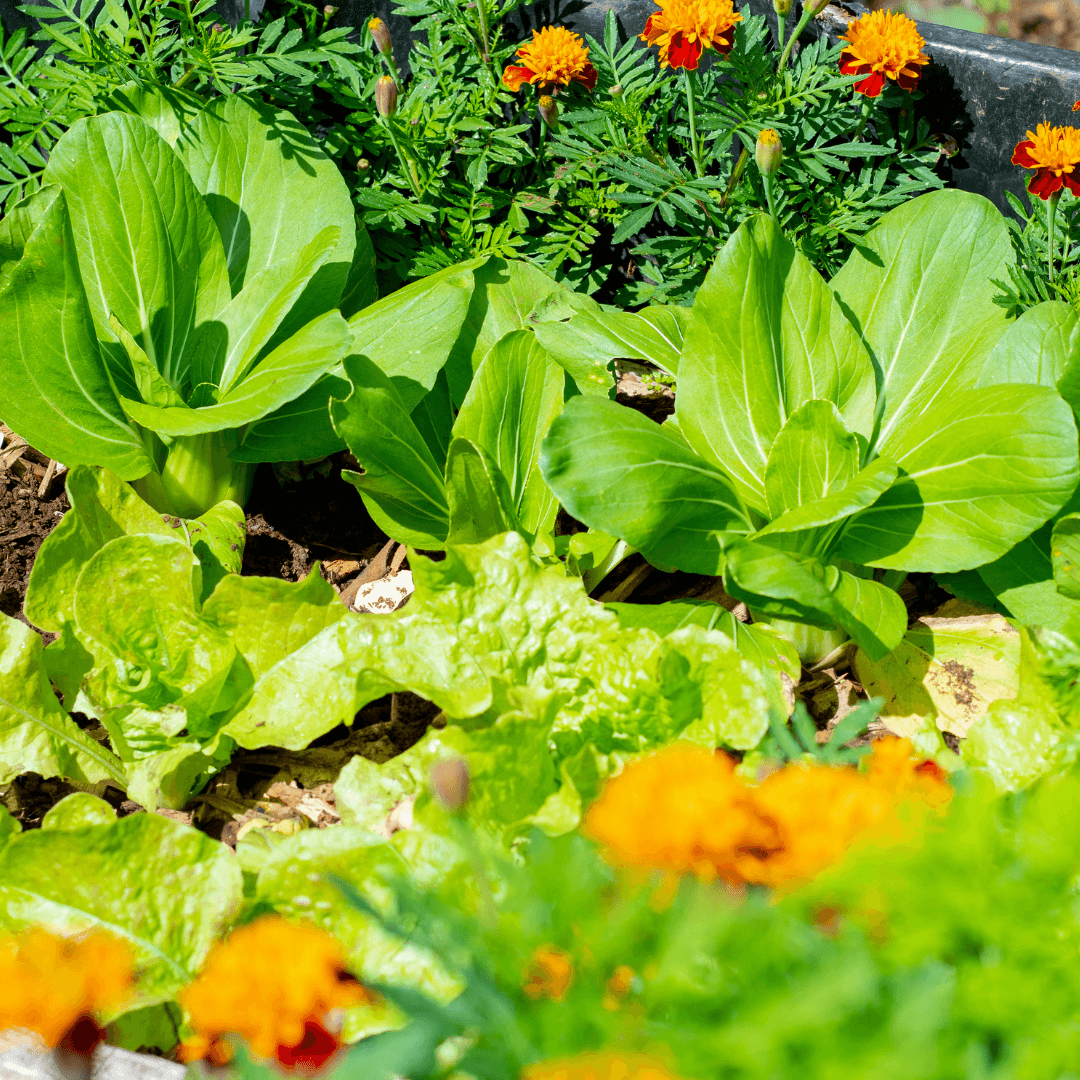
11. Support For Sustainable Agriculture
Staying vegan extends support to the principles of sustainable agriculture, particularly championing practices like agroecology.
Agroecology represents a holistic approach to farming that prioritizes ecological balance, biodiversity, and resilience within agricultural systems.
Choosing a vegan lifestyle aligns with the fundamental tenets of agroecology by reducing reliance on resource-intensive animal agriculture.
Cultivating plant-based foods is often less demanding on the land and promotes biodiversity through cultivating diverse crops.
Regenerative farming methods, which improve soil health, reduce the use of synthetic inputs, and increase ecosystems' overall resilience, are supported by veganism.
The shift towards agroecological practices promotes harmony between agriculture and the environment, emphasizing the interconnectedness of ecological processes.
Staying vegan, therefore, becomes a conscious choice to advocate for a more sustainable food system, recognizing the importance of farming practices that are not only environmentally friendly but also resilient in the face of changing climates and ecological challenges.
Adopting a vegan lifestyle is a step towards fostering a food system prioritizing the planet's and its inhabitants' long-term health.
Conclusion
In conclusion, the decision to stay vegan transcends personal dietary choices to become a powerful commitment to values that resonate globally.
Ethical considerations drive the choice to abstain from animal products, acknowledging the importance of compassion and profound respect for all living beings.
Each vegan meal is a personal choice and a vote for a more ethical, sustainable, and compassionate world.
Every plant-based meal is a conscious vote for an ethical, sustainable, and compassionate world, highlighting why you should stay vegan.
As a powerful and collective contribution to a harmonious and sustainable future that prioritizes the well-being of animals, the health of our planet and the cultural richness of global culinary heritage.
The decision to stay vegan is a powerful act that resonates beyond the individual, contributing to a more harmonious and sustainable existence for all.
I trust you enjoyed reading the Best Reasons You Should Stay Vegan article. Please stay tuned. More blog posts will be posted very shortly.
JeannetteZ
>>> Please click here to read my Vegan Travel Guides To World Destinations <<<
>>> Want To Learn How To Create Delicious, Cruelty-Free, Healthy AND 100% Vegan Meals? Try These Awesome Vegan Cooking Courses With A Free 7-DAY MEMBERSHIP<<<
Your Opinion Is Important To Me
Ideas? Thoughts? Questions? I would love to hear from you. Would you mind leaving me your questions, experience, and remarks about the Top Reasons Why You Should Stay Vegan in the comments section below? You can also reach me by email at Jeannette@LivingTheVeganLifestyle.org.
Disclosure
This post may contain affiliate links. I earn from qualifying purchases as an Amazon Associate and other affiliate programs. Please read my full disclosure.
Here are some links to some of my favourite articles:
The Vegan Lifestyle A Beginners Guide
A Guide To What Vegans Eat Daily

